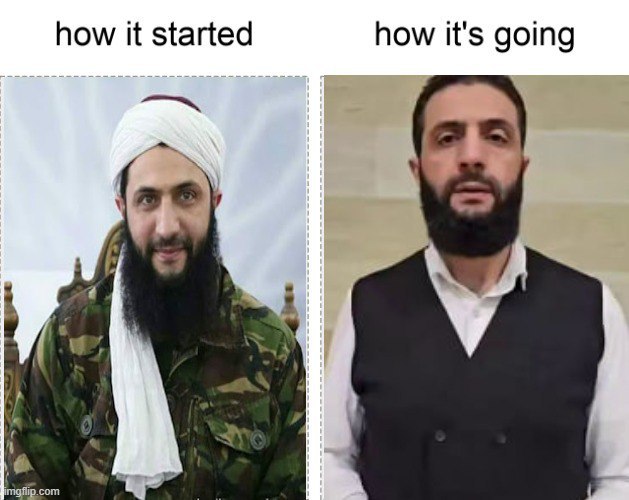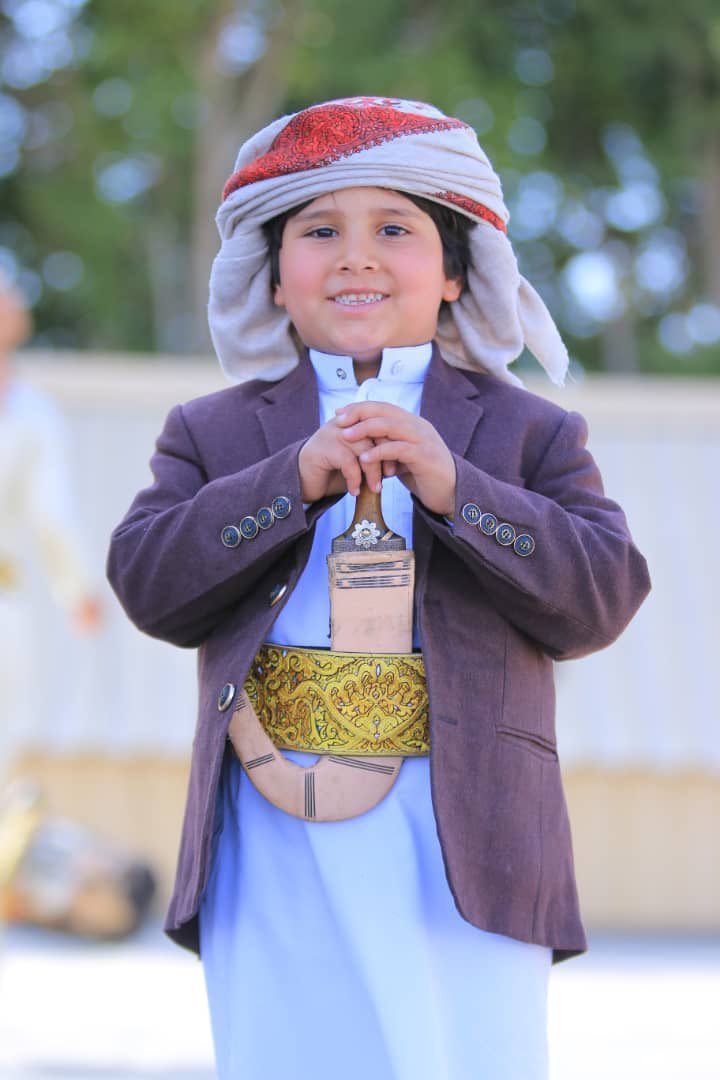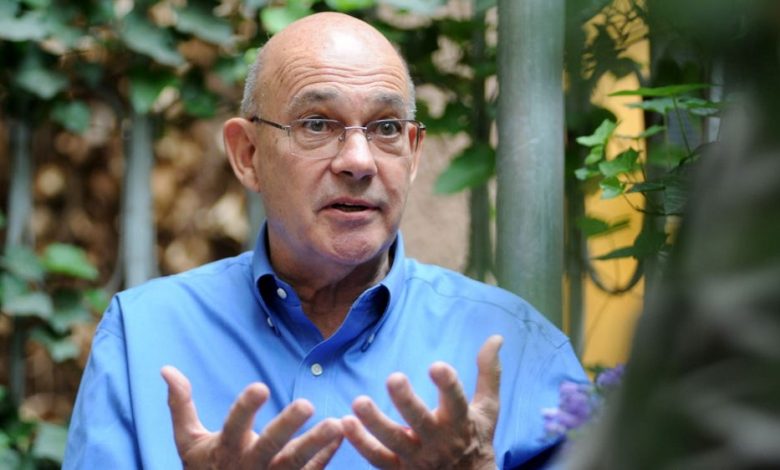
By Saleem Ayoub Quna
Syria has just turned a gloomy chapter of its long turbulent history that lasted for at least half-a-century. The question now is: Will this new era bring better or worse news for this beleaguered country and its people?
The new local stake holders on the ground and outside players are showing different and often conflicting signals of what lies ahead. A month ago, the totalitarian Assad dynasty regime collapsed, its
dictator fled the country, his strong men melted into the caves, his father’s imposing statues downed and his foreign supporters’ influence, Iran and Russia, evaporated. From this underdog dark side, the game
was over!
But it was not so on the other rising side of the game, where you have the local opposition of multiple groups and their new de facto foreign partners and friends, celebrating the defeat of the bygone oppressive regime.
All they see is a helpless, desperate and a lone prey for the cut! In real terms the country, so far, is being divided into different de facto regional enclaves or mini-states. Each is controlled by its own local
leaders. Members of each community share either the same faith, or speak the same language, or adhere to a host of old norms and traditions inherited from their ancestors.
Both leaders and their followers of each faction are finding themselves at a crucial turning point. Do they want to repeat what their previous leaders did when they, willy-nilly, allowed the central government under the Assad regime, run their daily life affaires, and then when it was too late, discovered that they were either deceived or coerced by the now defunct regime’s agents? Or are they saying no more of this stuff this time, and accordingly acting more independently to preserve their special identity and immune their rights?
The idea of partitioning Syria as we know it since its independence in 1946 is not new! It can be traced back to its pre-independence original format, conceived then by the French mandatory power in the early 1900s, when the Ottoman’s four centuries rule, of the whole of Arabia and North Africa, came to an end.
At that time, France, sanctioned by League of Nations, suggested to divide the country into five main enclaves or mini-states: An Alawite enclave on the eastern coast of the Mediterranean with Latakia as its capital, an Aleppo enclave in the north, a Jabal Druze enclave in the south, bordering Jordan, Alexandretta enclave which was taken by Turkey and renamed as the Hatay province, and finally the dominated Sunni region in the center with its capital Damascus.
Today, the US, with the consent of other good wishers, are openly pushing, by deeds and words, to create an additional enclave in the autonomous Kurdish oil-rich region in the north-eastern part of Syria.
On the Golan Heights, the new strong players are turning a blind eye to the serious Israeli military encroachments inside proper Syrian territories, previously recognized by the world community and UN resolutions. At the same time, the emerging clashes in the east and west of the country and other places in the center, between rivaling armed groups, leave little room for optimism.
The most important step Syrians need today is a constitution that can stand at the same distance from all components of the society. But surprisingly, the last statement attributed to the new top man in
Damascus saying such a constitution might take four to five years to come to life, can only send discouraging and negative signals to all the components of Syrian society and others!
A final question that must be asked: Is Syria nearing to lose its last chance to avoid falling back in the pre-independence fragmentation trap?
This opinion was especially written for Crossfire Arabia by Saleem Ayoub Quna who is a Jordanian author writing on local, regional and international affairs and has two books published. He has a BA in English Literature from Jordan University, a diploma from Paris and an MA from Johns Hopkins University in Washington. He also has working knowledge of French and German.








